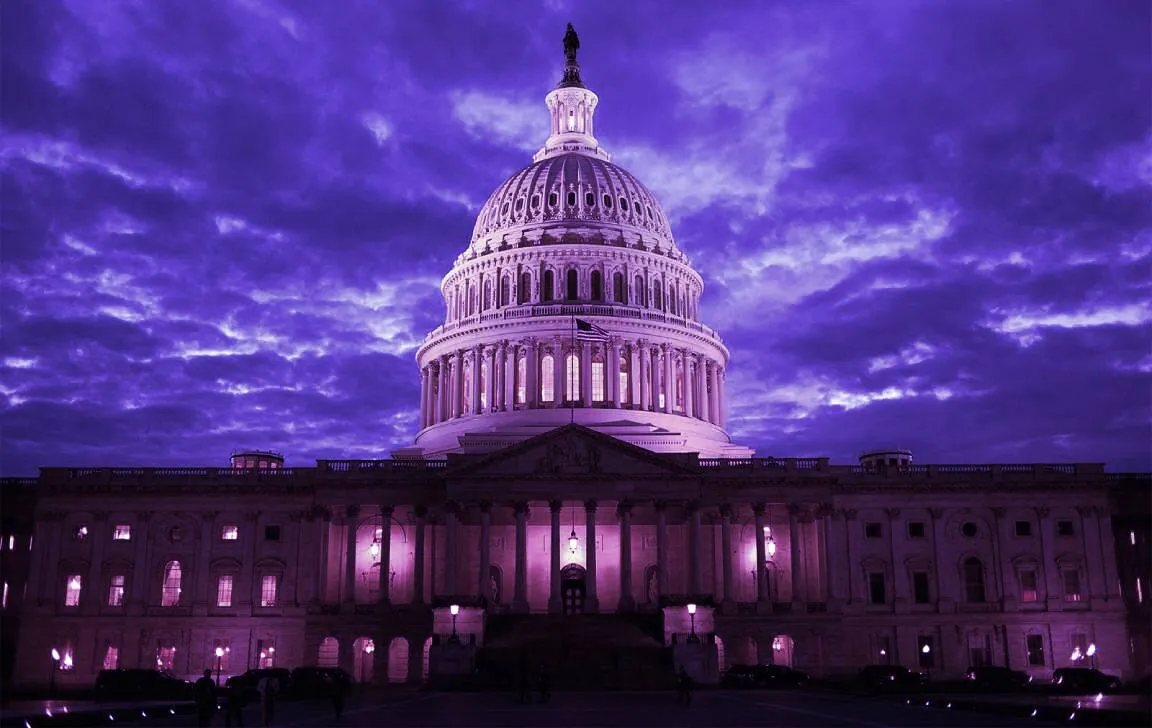According to a report by The Economist, in the first nine months of 2021, the crypto industry spent $5 million lobbying the United States Senate–half of which was spent in Q3 alone, amounting to quadruple the amount spent over the same period last year.
Coinbase was one of the biggest supporters of the cause, spending $625,000 in Q3. Jack Dorsey’s Block, formerly known as Square, has spent over $1.7 million on lobbying since April last year.
These efforts haven’t been in vain, either.
On Wednesday, top executives from Coinbase, Circle, FTX Exchange, and three other industry-leading firms recently appeared before members of Congress to make the case for the growing importance of crypto and crypto regulation in a five-hour hearing.
Some in Washington are even starting to hold crypto themselves. Cynthia Lummis, a senator from Wyoming, holds between $100,000 and $250,000 in Bitcoin. At least four other Republicans hold investments in crypto too.
Such crypto adoption may indicate a change of heart in Washington, but hard-lined regulations paint a much different picture.
Joe Biden last month approved a $1.2 trillion infrastructure bill that incorporates custodial crypto services like Coinbase and Binance US into the legislative definition of a “broker,” meaning that these companies will soon have to provide the federal government with 1099 forms listing names and addresses of all those transacting in crypto.
Crypto: global law and order
Compared with America, other countries have taken a much tougher line when it comes to crypto regulation, with some even going so far as launching an outright ban.
Indian regulators, for example, have had a rather mercurial relationship with the industry.
Back in 2018, the Reserve Bank of India (RBI) issued a ban on banks dealing with crypto. It was, however, overturned in March this year by the country’s supreme court, but the RBI insisted that it was still emphatically anti-crypto.
In April, Turkey’s central bank banned crypto payments too, despite the country having some of the highest per capita crypto usage in the world.
In May, three payments firms in China reiterated their support for the central bank’s 2017 ban on financial institutions transacting in crypto. And in the summer, China began a harsh crackdown on crypto mining operations in its borders.
Still, given the fact that Germany’s new coalition government expects to crypto to be pivotal to the country’s technological and economic development, and given also that the EU is now drafting regulatory frameworks for crypto, it’s looking like the twin western superstates of the US and EU will take relatively lax attitudes towards crypto.
All that lobbying must be working.

